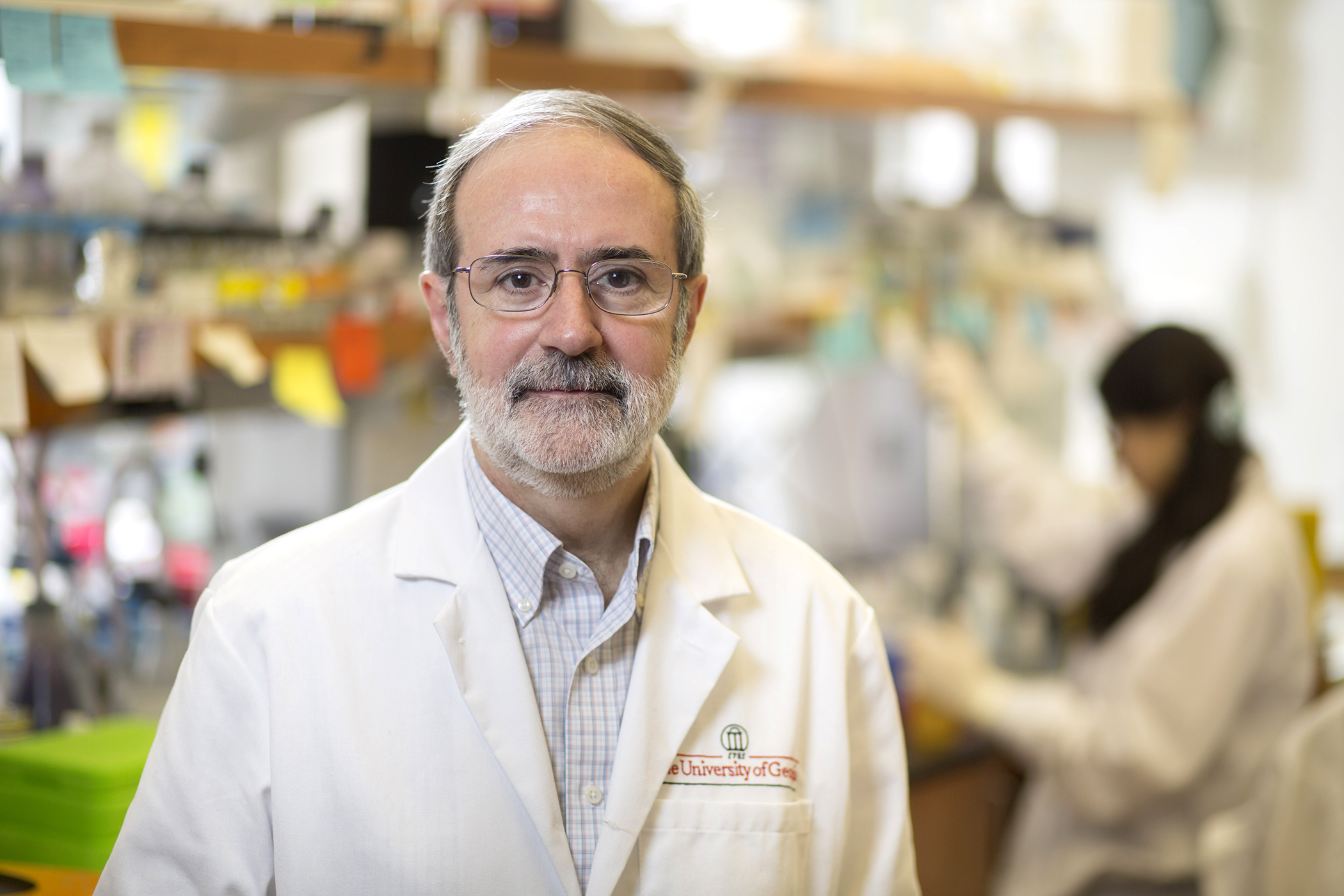The Histidine Ammonia Lyase of Trypanosoma cruzi Is Involved in Acidocalcisome Alkalinization and Is Essential for Survival under Starvation Conditions

Trypanosoma cruzi, the agent of Chagas disease, accumulates polyphosphate (polyP) and Ca2+ inside acidocalcisomes. The alkalinization of this organelle stimulates polyP hydrolysis and Ca2+ release. Here, we report that histidine ammonia lyase (HAL), an enzyme that catalyzes histidine deamination with production of ammonia (NH3) and urocanate, is responsible for acidocalcisome alkalinization. Histidine addition to live parasites expressing HAL fused to the pH-sensitive emission biosensor green fluorescent protein (GFP) variant pHluorin induced alkalinization of acidocalcisomes. PolyP decreased HAL activity of epimastigote lysates or the recombinant protein but did not cause its polyphosphorylation, as determined by the lack of HAL electrophoretic shift on NuPAGE gels using both in vitro and in vivo conditions. We demonstrate that HAL binds strongly to polyP and localizes to the acidocalcisomes and cytosol of the parasite. Four lysine residues localized in the HAL C-terminal region are instrumental for its polyP binding, its inhibition by polyP, its function inside acidocalcisomes, and parasite survival under starvation conditions. Expression of HAL in yeast deficient in polyP degradation decreased cell fitness. This effect was enhanced by histidine and decreased when the lysine-rich C-terminal region was deleted. In conclusion, this study highlights a mechanism for stimulation of acidocalcisome alkalinization linked to amino acid metabolism.
IMPORTANCE Trypanosoma cruzi is the etiologic agent of Chagas disease and is characterized by the presence of acidocalcisomes, organelles rich in phosphate and calcium. Release of these molecules, which are necessary for growth and cell signaling, is induced by alkalinization, but a physiological mechanism for acidocalcisome alkalinization was unknown. In this work, we demonstrate that a histidine ammonia lyase localizes to acidocalcisomes and is responsible for their alkalinization.
Brian S Mantilla, Cristina Azevedo, Paul W Denny, Adolfo Saiardi, Roberto Docampo. mBio. 2021 Nov 2;e0198121. doi: 10.1128/mBio.01981-21.
